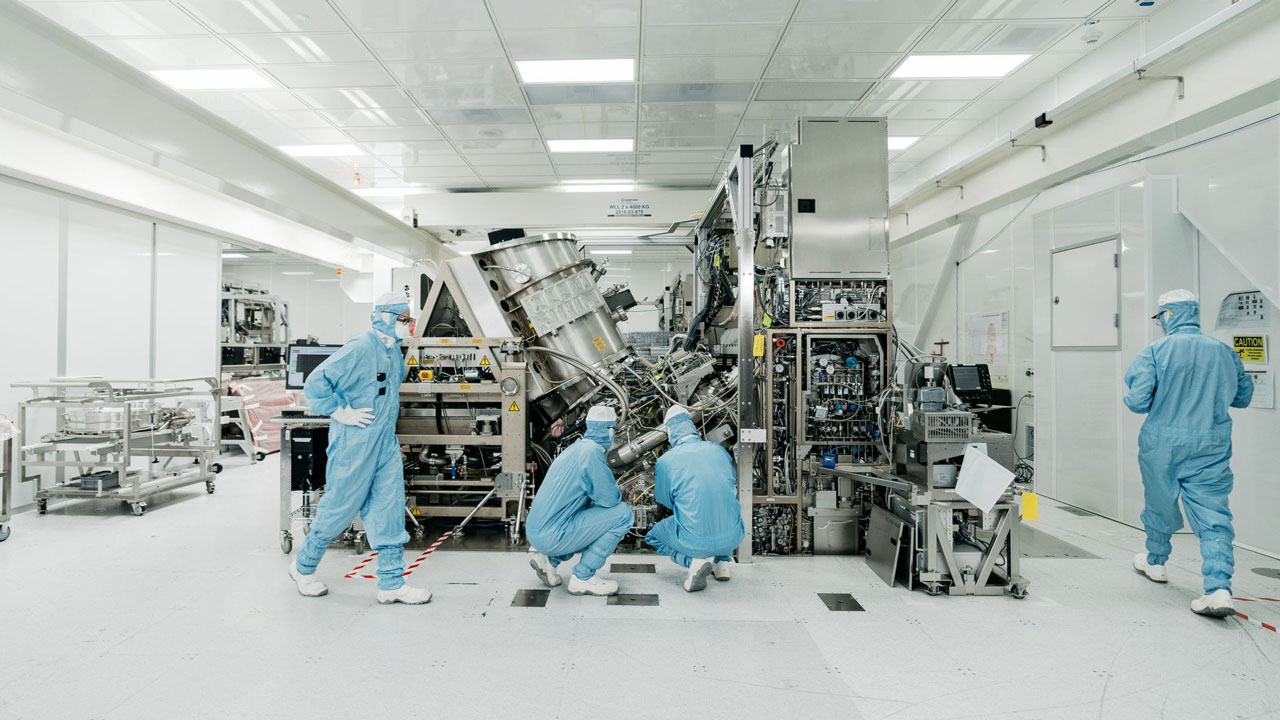
The Dutch government is secretly working on a plan to keep ASML, the world's largest maker of wafer fab equipment, in the Netherlands amid fears that the company may expand abroad, reports De Telegraaf. The operation, dubbed 'Beethoven,' aims to address ASML's concerns about the Dutch business climate, including issues with tax discounts for expats and labor migration regulations.
ASML is reportedly considering options for expansion abroad as it looks to dramatically increase its production capacity in the next few years. In particular, ASML intends to expand its manufacturing capacity to 600 deep ultraviolet (DUV) lithography systems a year by 2025 - 2026, 90 Low-NA extreme ultraviolet (EUV) litho machines a year by 2025 - 2026, and 20 High-NA EUV lithography tools a year by 2027 – 2028. De Telegraaf contends that ASML is reportedly dissatisfied with the current Dutch business climate.
The company's significance extends beyond economics to strategic importance, as it is the sole producer of Low-NA and High-NA EUV tools, which are crucial for making chips using leading-edge process technologies. In addition, ASML commands the lion's share of DUV litho tools. As various countries look to onshore chip production, demand for ASML's products will inevitably increase, which is at least one reason it's expanding its production capacity.
A significant portion of ASML's workforce, about 40%, consists of labor migrants. The company has expressed concerns about the potential tightening of labor migration rules by a new right-wing cabinet, which could hinder its ability to hire new personnel and grow. While the company's business model can be considered flexible, it should be noted that only 7% of its workers are 'flex workers' and 93% are its own personnel.
Prime Minister Mark Rutte is personally involved in the efforts to retain ASML in the country, indicating how important it is for the Netherlands to ensure that the bulk of ASML operations and its headquarters remain in the country. The company's decision to stay or move could have substantial implications for the Dutch economy and its position in the global tech industry.
The broader context of ASML's deliberations reflects ongoing worries about the Dutch business climate. Factors such as the tax environment, regulatory implementation, and political stability are influencing companies' decisions to consider relocating activities abroad. De Telegraaf notes that in recent years, multinationals like Shell and Unilever relocated their headquarters from the Netherlands.







